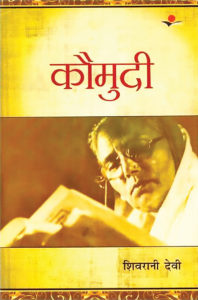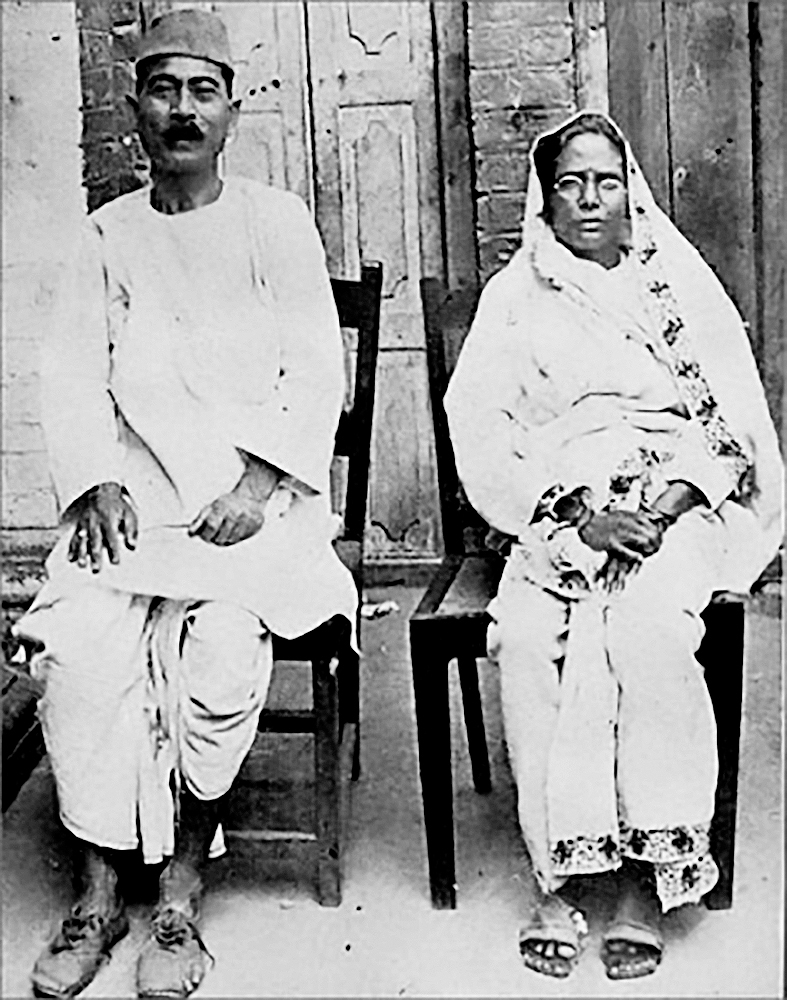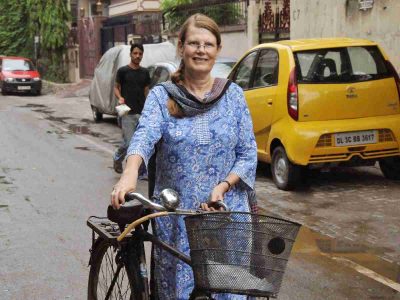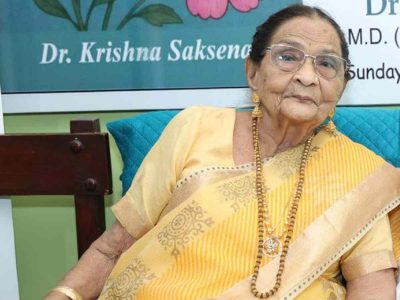Shivrani Devi has for long been seen as just the wife of a literary stalwart, but there is more to her than meets the eye
WOMEN WRITERS are often sidelined and robbed off the credit they deserve — the art of writing in the past was dominated in a way that gave preference to male sensibilities, their way of experiencing and recording things. Even when women writers of calibre emerged from the shadows, absurd allegations were made against them.
Shivrani Devi, wife of Premchand (a celebrated Hindi novelist) also faced such allegations. Author of a collection of short stories “Kaumudi” (Moonlight) originally published by Saraswati Press in 1937 and “Premchand Ghar Mein”(Premchand in Home), a memoir — a veritable feminist account in which she describes her life around her husband depicting her as a dependable, politically active, and an empowered woman.
Both her works were recently republished by Nai Kitab Prakashan. And with them, the allegations that the original author of her story was Premchand resurfaced, despite Premchand himself having contradicted them.
Sara Rai, the granddaughter of Premchand quoted Banarasi Das Chaturvedi, who wrote the introduction of “Premchand:Ghar Me” published by Atmaram and Sons in 2000. He talked about a statement issued by Premchand, who wrote in English that these stories were imagined and written by Mrs Premchand. Every line she wrote was about the fighting spirit which his peaceful nature could never imagine.

The story titled “Tarka” in her book also works as a textual proof that she was the original author as the dialect in which characters talk was Awadhi which was the dialect of Shivrani Devi’s Village Salempur in Fatehabad in Uttar Pradesh, while Premchand’s mother tongue was Bhojpuri.
Shivrani Devi died on 5 December, 1976 but her date of birth remains unknown. She mentions the date of birth of Premchand in her memoir but fails to mention her own and due to the lack of independent sources, it is very hard to ascertain the important dates of her life. Shivrani Devi was a child widow. In 1905 her father Munshi Deviprashad published a matrimonial advertisement in a book, he wrote: “Kayastha baal vidhwa uddharak pustika” in response to which Premchand sent his proposal to marry Shivrani Devi. Establishing the year of their marriage to be around 1906.
Talking to Patriot, Sara Rai says, “After 1920 women were exposed to education and ironically, the first beneficiaries of education were abandoned and ostracised women, who stayed in ashrams.” For them, the way to get independence and recognition in society was through education.
Rai writes in the introduction of the book “Kaumaudi”, “Women authors of the time including Subhadra Kumari Chauhan and Mahadevi Verma were more active in the public sphere than their male counterparts.”
They participated in movements and were vocal about the cause of independence. “Shivrani Devi herself worked in a “Mahila Ashram’’ based in Lucknow and led a protest of 56 women against foreign clothes in 1929.She was jailed on multiple occasions for her political work and Premchand was proud of her activism,”she says.
Sara Rai points out that Shivrani Devi had to face three-fold erasure, because she was a woman, second, she was a woman writer, and third, because she was the wife of Premchand. But, she never let the image of her husband overshadow her own identity. She was fierce, bold, and an idealist in her stories, subtly challenging the orthodoxy in society. She stressed upon morality, chastity and sacrifices. But also reimagined the identity of a woman as an independent self, who can live a respectful life alone.
She imagined strong women characters. In her story “Vidhvansh ki Holi” (Holi of Destruction), the protagonist Uttma despite losing everything in the earthquake celebrates the festival of Holi. She tells everyone, “Bhaiyo aur behno khoob gaao, khoob anand manao, jo gaye un par kya roge, jo hain unki khair manao, unko aashirwad do” (Brothers and sisters sing and enjoy, why weep over those who are gone, care about people who are still there with you, bless them). “Shivrani Devi here talks about self-belief and how strong a woman can be. Despite all miseries, grief, and hardships a woman can live happily.” said Rai.
In her story “Aansu ke do boond” (Two drops of tears), two lovers Kanak and Suresh plan to get married but Suresh marries somebody else for money and Kanak decides to not marry at all. She questions herself about happiness associated with marriage and concludes that the greatest happiness is defending self-respect and devoting her life to public service. Later in the story Kanak while visiting a flood-affected village to distribute clothes, meets Suresh. He in the meanwhile has become a hermit after his wife betrays him and asks her to forgive and stay with him, but she prefers living alone.
The women in her stories were extremely ruthless when it came to saving their morals and pledges. “It permeates through her stories as she was living in a time that valued that attitude,” Rai said.
Sara Rai also raises another pertinent question about the practise of omitting the names of women authors from Hindi literature of the 20th century. Premchand himself said that literature has been unjust to her. Sara Rai believes that, “This erasure is not so strange. It is very familiar. For a woman, it happens collectively in day to day life through very small things and that has impacted our social psyche so that we do not care about this erasure.”
It is hard to imagine that a strong independent woman, who was politically aware and whose work is at par with her male counterparts has been wiped from public memory and literature. When we debate about women leading movements and standing for rights, Shivrani Devi’s image also comes alive. “Premchand was weak and ill, so she used to participate in the independence movement and she even went to jail for that.” While creating her female characters, she sometimes looks like a voice of protest. The story “Nirala naach” is about how women taught a lesson to Thakur Khalak Singh, a character hated for his treatment of women.
Authors like Shivrani Devi and their story of erasure from our collective memory questions the essence of literature. When we talk about literature as a mirror of society, we must look at the work of these women voices, they teach a lesson to society and when we let them miss their space from literature, we are doing a huge disservice to our society.





